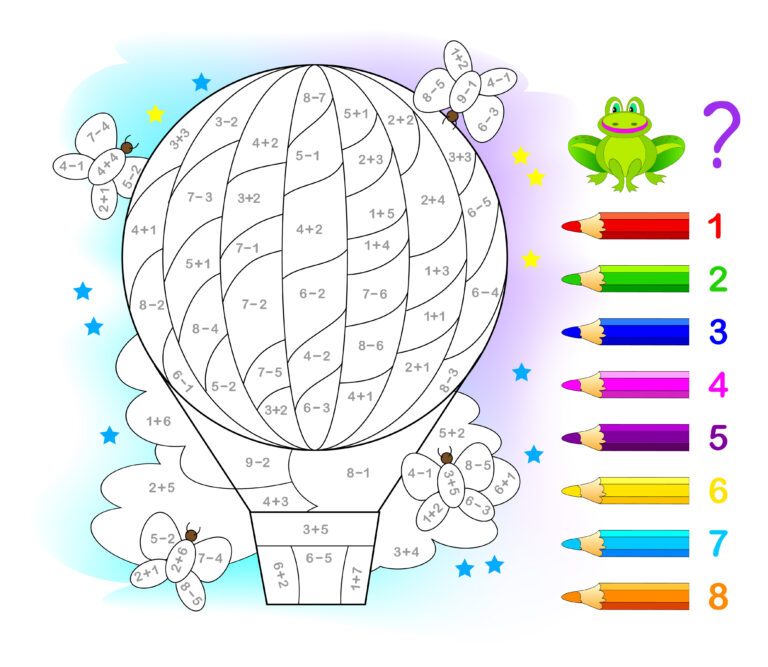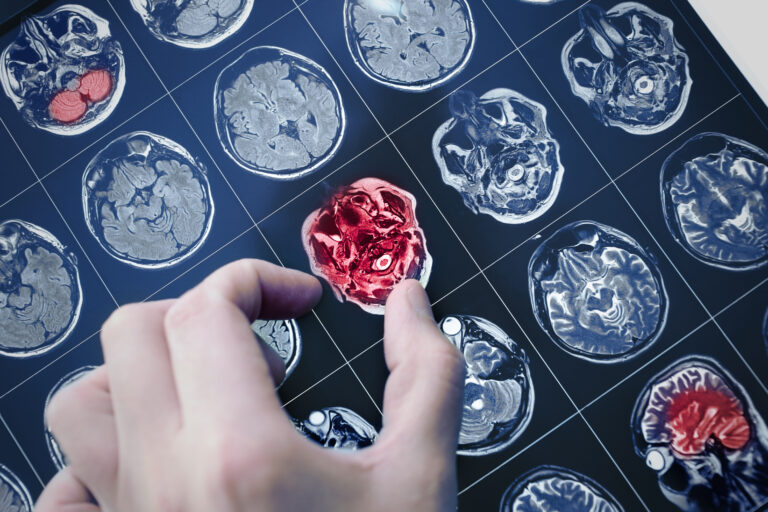The question “Does eating tuna burgers equal banana isotopes dose?” is unusual because it compares two very different things: consuming a food item (tuna burgers) and exposure to isotopes from bananas. To clarify, eating tuna burgers does not equate in any meaningful way to receiving a dose of isotopes from bananas.
Bananas are known for containing potassium-40, a naturally occurring radioactive isotope. This isotope is present in very small amounts and contributes an extremely low radiation dose when you eat a banana. This concept is sometimes used as an informal unit called the “banana equivalent dose” to illustrate how everyday foods contain trace radioactivity that poses no health risk.
Tuna burgers, on the other hand, are made primarily from canned or fresh tuna mixed with ingredients like breadcrumbs, eggs, mayonnaise, and seasonings. Tuna itself contains no significant radioactive isotopes comparable to potassium-40 in bananas. The nutritional content of tuna burgers includes protein, fats (including healthy omega-3 fatty acids), carbohydrates from fillers like breadcrumbs, vitamins such as vitamin A and C in small amounts depending on recipe variations—but they do not provide any measurable radioactive isotope dose akin to what bananas have.
If we consider radiation exposure or isotope intake:
– Eating one banana exposes you to about 0.1 microsieverts of radiation due to potassium-40.
– Tuna does not contribute measurable radioactive exposure through normal consumption.
Therefore:
**Eating tuna burgers does not deliver any comparable “banana isotope dose.”** The term “banana equivalent dose” relates specifically to the natural radioactivity found in potassium-rich foods like bananas but has no direct connection or equivalence with consuming fish-based dishes such as tuna burgers.
From a nutritional perspective:
Tuna burgers offer substantial protein (often around 20–25 grams per serving), moderate fat including beneficial omega-3s important for heart health, some carbohydrates mainly from added ingredients like breadcrumbs or buns, plus minor vitamins and minerals depending on recipe specifics. They are generally considered nutritious meals rather than sources of radioisotopes.
In summary:
The idea that eating tuna burgers equals ingesting the same amount of isotopes as eating bananas is incorrect because these foods differ fundamentally both chemically and nutritionally. Bananas contain trace natural radioisotopes; tuna does not contain those same isotopic elements at levels relevant for comparison. Thus there’s no scientific basis for equating their “isotope doses.” Instead they should be viewed separately—bananas as a source of minimal natural radioactivity due to potassium content; tuna burgers as protein-rich seafood meals without meaningful radioactive components related to banana isotopes.
This distinction highlights how sometimes concepts involving radiation doses can be misunderstood when applied outside their proper context—radioactive content varies widely between different foods based on their elemental composition rather than simply being interchangeable by food type or name alone.





